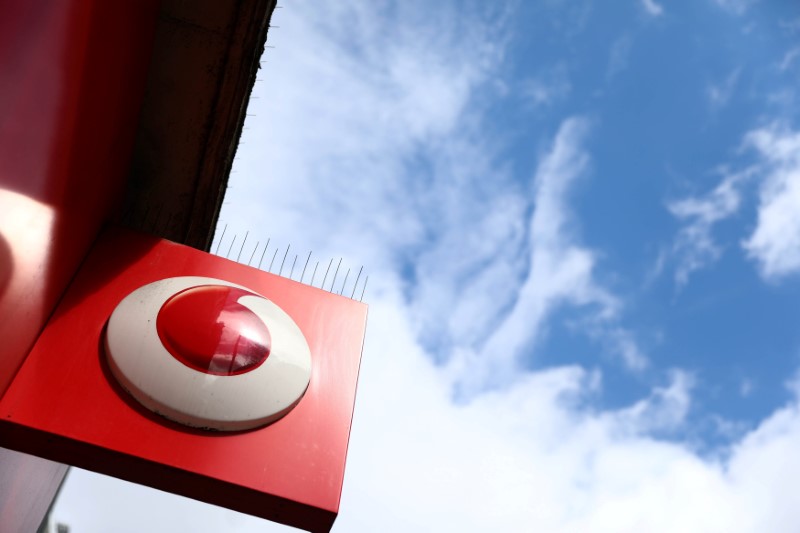Proactive Investors - Vodafone Group PLC's (LON:VOD) binding deal to merge its UK arm with Three offers better synergies than expected, said analysts, but the market's muted reaction reflects major ongoing uncertainties.
With synergies from operating and capital expenditure expected to exceed £700mln by year-five and a net present value (NPV) of at least £7bn was "well ahead" of Deutsche Bank (ETR:DBKGn) analyst Robert Grindle's forecast.
He noted that the major savings came from the combining of two network cores and IT systems, which was divulged on the conference call following the deal, with duplication of mobile tower resources said to be offset by increased volumes due to high 5G build/ coverage targets.
The Deutsche analyst estimated the merged business will have an enterprise value of roughly £11bn, compared to his previous estimate of around £7bn.
He said this further supported his target price for the shares of 185p, saying the shares "should benefit" from the deal announcement, though may be limited in the near-term due to the deal's distant completion date and "likely hostile response from some quarters", even though he sees "material" industry and government support for the merger.
Barclays (LON:BARC) analyst Maurice Patrick agreed the synergies are higher but said the dividend policy is "conservative", with Vodafone having circa 4x leverage at closing and only promising to pay dividends once reaching 2.5x, expected at least three years post closure of the deal.
UBS analyst Polo Tang said merger synergies are worth 13p per Vodafone share.
He said the shares moving less than 1% by the close after the deal was unveiled on Wednesday "we think reflects uncertainties around regulatory approval, the long timeframe to deal competition (12-18 months) and questions around the deal structure/financials".
Tang noted the CMA recently blocked the Microsoft/Activision deal and its position on UK mobile consolidation "is unclear", while the European Commission's 2016 blocking of the Three/O2 UK merger saw three concerns cited (less retail competition, less infrastructure investment and less wholesale competition) and Ofcom also vocal in objecting to the deal.
Comparing the circumstances today, he noted the Vodafone UK/Three UK merger would have circa 34% retail share compared to the 40% plus for O2/Three before, and that Ofcom has separately stated that Vodafone and Three are not making returns above their cost of capital.
Vodafone's statement pushed the line that a UK merger would create a stronger challenger to BT (LON:BT)'s EE and VMO2 and more of a broadband challenger with fixed wireless access.
"It is unclear whether the CMA will revisit the remedies proposed in 2016 with Sky taking 20% of the merged network capacity at a fixed price of £200m per annum," the UBS analyst said.
"However, in hindsight this could have been disruptive for the market and discouraged investment."
Barclays' Patrick said the "agreed/required remedy is key, with aggressive remedies typically eroding all cost synergies" from the perspective of cash flow post deals.
"How the company addresses this last point is crucial," he said, seeing a risk that rivals Orange and Masmovil could agree to harsh remedies in Spain that "would continue to create market uncertainty and disruption".
